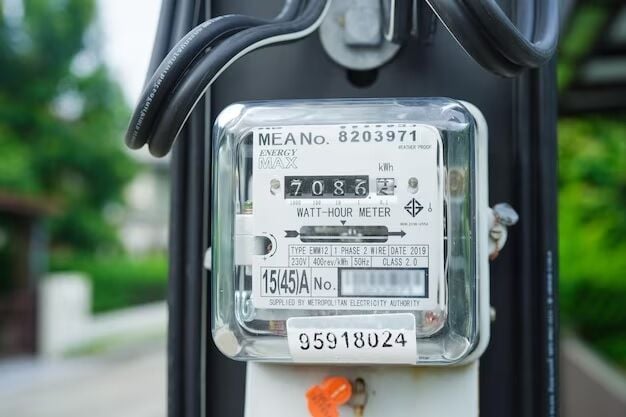Charged down: Electric rates spark joy with 50-satang drop to 4.18 baht per unit

Electricity rates for January through April 2024 have been adjusted to 4.18 baht per unit, a decrease of 50 satangs per unit from the previous rate of 4.68 baht per unit. However, this is an increase of 19 satangs per unit from the September to December 2023 rate of 3.99 baht per unit.
These changes were announced today by Khomkrit Tantrawanit, Secretary of the Energy Regulatory Commission (ERC) and spokesperson for the ERC.
The meeting approved a decrease in the variable electricity rate (FT) to 39.72 satang per unit, down from 89.55 satang per unit. This adjustment resulted in an average electricity rate of 4.18 baht per unit, a decrease of 50 satang per unit. However, this is an increase of 19 satangs per unit from the September to December 2022 rate of 3.99 baht per unit.
This decision follows the resolutions of the National Energy Policy Committee (NEPC) and the Cabinet to reform the price structure of gas for natural gas separation plants. This is in line with measures to reduce electricity costs for the public by the Ministry of Energy, which has a policy of keeping electricity prices below 4.20 baht per unit.
The Cabinet also approved financial relief for residential electricity users who use less than 300 units per month. The Provincial Electricity Authority (PEA), the Metropolitan Electricity Authority (MEA), and the Naval Welfare’s Electricity Supply will maintain the electricity rate for these users at 3.99 baht per unit from January to April 2024.
This will be funded from the annual budget expenditure for the fiscal year 2023, central expenses, and reserve payments for emergencies or necessities, with a total amount of 1,950 million baht.
Despite the reduction in electricity rates for January to April 2024 in line with the new FT calculation, future electricity costs will depend on the prices and volumes of natural gas used as the main fuel. Therefore, the ERC will continue to closely monitor the ability to deliver natural gas from the Gulf of Thailand and inland sources in Myanmar, to ensure additional LNG procurement.
However, electricity prices must take into account the burden of outstanding FTs that need to be returned to the PEA and PTT Public Company Limited in the appropriate future period, reported KhaoSod.
Latest Thailand News
Follow The Thaiger on Google News:


























